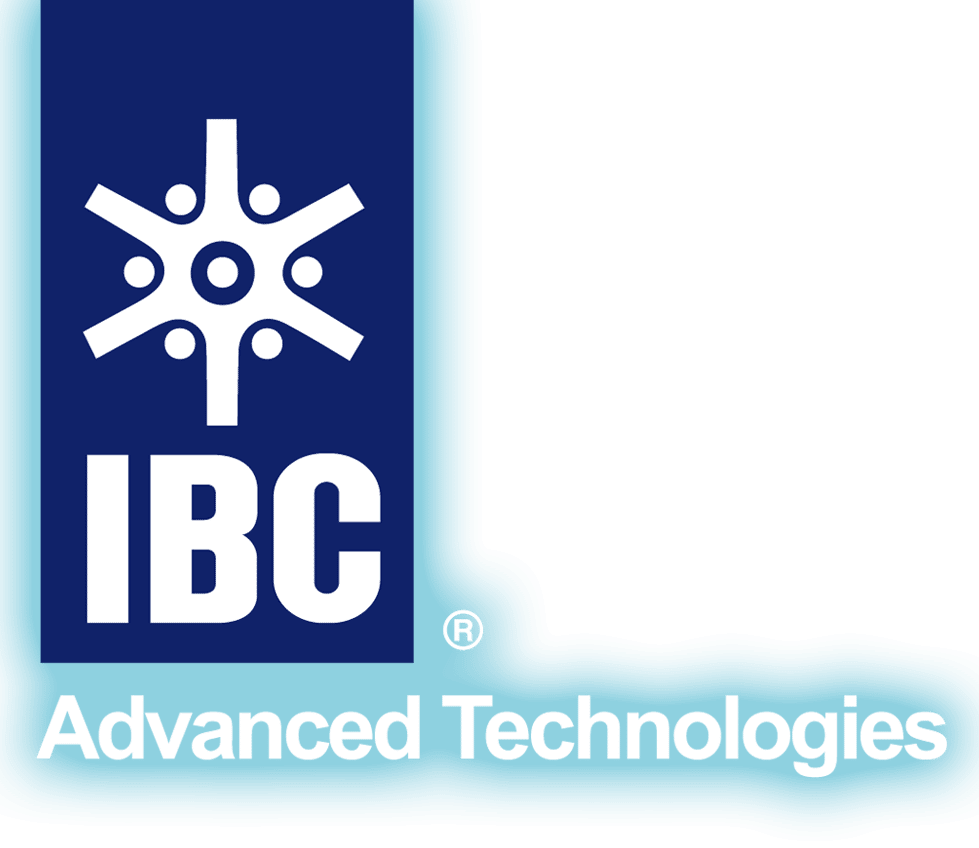– Global benefits derived from effective metal recycling – Efficient and effective metal recycling can make a major contribution to a circular economy and lead to metal sustainability
Archives: Publications
Selective Recovery of Platinum Group Metals and Rare Earth Metals from Complex Matrices using a Green Chemistry-Molecular Recognition Technology Approach
– Major advantages, including cost effectiveness, of the MRT™ process over classical technologies for highly selective individual platinum group metal separations – Green chemistry principles applied to platinum group metal separations – Comparison of OPEX and CAPEX costs for MRT™ and solvent extraction in separation and recovery of rare earth elements
Metal Sustainability: Global Challenges, Consequences, and Prospects
Book with chapters dealing with indicated topics
Charles J. Pedersen’s Legacy to Chemistry
Foundational work on highly selective molecular recognition host-guest interactions leading to industrial green chemistry Molecular Recognition Technology™ applications
Green Chemistry Principles Applied to the Selective Separation and Purification of Specialty Metals Using Molecular Recognition Technology
Green engineering, green chemistry and Molecular Recognition Technology™
Recovery of Value-Added Metals from Copper Refining Streams using Molecular Recognition Technology
– Green engineering and green chemistry aspects of MRT™ separations – Favorable economics of MRT™ processes
Selective Separation and Purification of Platinum Group Metals, Rare Earth Elements, and Cobalt from Primary and Secondary Sources using a Green Chemistry SuperLig® Molecular Recognition Technology (MRT) Approach
Economic comparison of MRT™ and classical methods in hydrometallurgical processes
Precious Metal Separation and Recovery from Primary and Secondary Sources using SuperLig® Molecular Recognition Technology™ (MRT™) Processes
– Green chemistry and green engineering principles applied to metallurgical metal separations – Economic assessment of MRT™ processes

